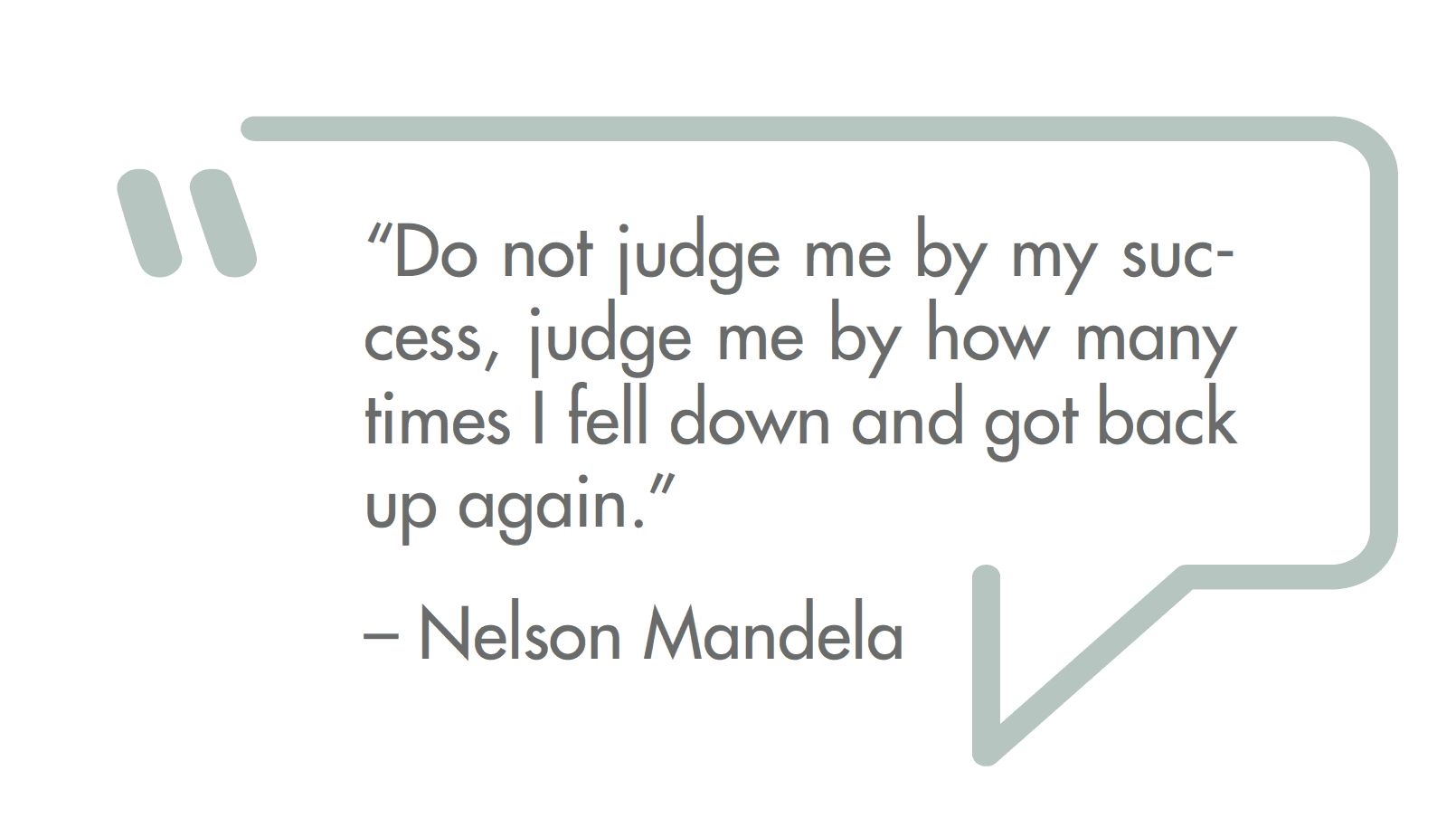 Here we are starting a new year with the hopes that the COVID-19 vaccine will help us return to the life we once had, yet I am sure we all know that life will never reset to 2019. For some, the idea of no return is sad, and for others this was a time for recalibrating and focusing on the benefits of slowing down a frenetic way of life. Is remote working here to stay? Do four-day work weeks make sense?
Here we are starting a new year with the hopes that the COVID-19 vaccine will help us return to the life we once had, yet I am sure we all know that life will never reset to 2019. For some, the idea of no return is sad, and for others this was a time for recalibrating and focusing on the benefits of slowing down a frenetic way of life. Is remote working here to stay? Do four-day work weeks make sense?
At the start of this pandemic, I remember what I thought was going to happen. I had plans for an organized email in-box with fewer than 20 emails at a time, house projects finished, and my business systems in place and tidy. There were moments during the first few months when I wondered to myself, “ Am I trying to control my life more because it feels out of control?”
Little did I know, the more I worked on being “present,” the more past traumas rose to the surface. I ended up on the path of trauma work. As I leaned into emotions that had been stuffed deep inside me, I learned about trauma. I was listening to podcast after podcast, reading articles and books, and doing workbooks while at the same time balancing my studies with a ton of self-care to clear out the toxins and create a new life and mindset. I feel confident that my level of resilience has allowed me to bounce back quicker, but I also know that “the work” is never really finished, that it is a lifelong journey of healing.
One day I was connected through a friend to Susanne Frilot, cofounder of Haelan House. Haelan is the Old English word for healing. Its mission is healing the root causes and effects of trauma to create health, resilience, and wholeness. I knew that I was processing my own personal traumas and came to learn that during 2020 much of our world was experiencing trauma from the effects of the pandemic.
According to Haelan House, traumatic events can be caused by physical, sexual, and emotional abuse; domestic and community violence; war; accidents; life-threatening illness; death; birth trauma; natural disasters; and ongoing fear and conflict. Trauma can overwhelm the nervous system and affect one’s ability to cope. Any of this feel familiar? I feel confident that everyone reading this, at one point during 2020, experienced ongoing fear and struggled with the ability to cope.
Tools to Help Heal
As Susanne and I had our walks and talks, she shared the tools Haelen House offers through community partnerships and their annual trauma conference. The conference is a wonderful resource for learning more about healing techniques and hearing from people with life experiences who share their stories of hope and resilience using alternative or holistic modalities and therapies.
Some of the therapies I have tried in the past; some I currently practice; others, I am excited to experience in the future. She shared that the tools could help improve physical, mental, emotional, nutritional, social, or spiritual well-being. Example tools include the following:
Animal, equine, or pet therapies
Bodywork
Creative and intuitive arts or writing workshops
EFT—emotional freedom technique, known as “tapping”
EMDR—eye movement desensitization and reprocessing
Energy work—reiki, shamanism, polarity therapy
Forest therapy—connection with nature
Light therapy and sound therapy
Mindfulness and meditation
Neurofeedback and biofeedback
TRE—trauma release exercise
Thai Chi, qi gong, yoga
I personally will be focusing this next year on mindfulness and meditation while introducing TRE into my mix. With so much remote work, TRE is an easy series of exercises that is a great resource. A few easy exercises are a fun way to start off a group Zoom call; someone might also offer a guided group meditation or laughing yoga.
Haelen House has a picture of a mandala on its website and shares how coloring has stress-reducing benefits. Why not send your team members some colored pencils with a coloring book for under $10? Everyone can share their drawings on a Zoom call and create connection as a team. There are so many ways to offer team members support to combat the trauma they have experienced this year and reduce stress; it us up to us to lead the way.
Be patient—2021 will still see many COVID-19 cases, and it will take time before most of us have access to the vaccine. The Food and Drug Administration talks about using ultraviolet-C (UVC) lamps to disinfect surfaces. I have heard that people who are vitamin D deficient are more susceptible to the virus. I will say, after having some blood tests done this year, the one area my naturopath recommended was increasing my vitamin D. I am outside every day for at least an hour, and we get a ton of sun in central Oregon, yet the average person does not get enough vitamin D. It also helps significantly with energy levels.
An interesting article I recently read in The Atlantic talked about blocking the virus through melatonin because of its role in the regulation of our circadian rhythms, which calibrates the immune system. This helps keep our self-protective responses from going crazy, which can turn mild COVID-19 cases into life-threatening situations. This virus is nuanced, and nothing is a cure-all for ensuring we are healthy and not putting others at risk. I have not switched out my lighting, yet I am glad I am diligent with my vitamin D daily, and I love my sleep.
FOCUS ON BEING RESILIENT
In 2017, I wrote an article on “Coaching Employees to Be Resilient Givers with Boundaries.” If you recall that article and have been practicing the techniques, I give kudos to you. I would be interested to hear how your team has managed this year.
It is time to revisit the concept. Resilience is defined as the ability to recover quickly from difficulties. The American Psychological Association states there are 10 ways to build resilience including the following:
Make connections
Avoid seeing crises as insurmountable problems
Accept that change is a part of living
Move toward your goals
Take decisive actions
Look for opportunities for self-discovery
Nurture a positive view of yourself
Keep things in perspective
Maintain a hopeful outlook
Take care of yourself
If you see a lack of resilience in your team members, I encourage you to coach them in the above areas. We are in an industry of making connections. A positive way to teach team members how to make connections is by creating connections within their team environments.
Working from home can be isolating, even for the introverts who do not get their energy from others. As someone who is an introvert and has worked from home off and on for 15 years, I make the effort to make connections through walks with friends throughout my week as well as lunch dates. I have found these additions to my week are rejuvenating.
Let’s all bounce into 2021 by recognizing the trauma that has taken place, by using our tools to heal from trauma, and by focusing on being resilient.


